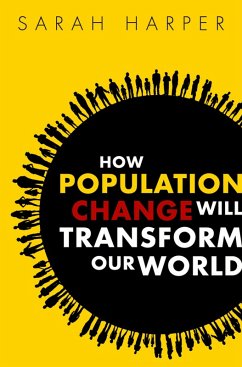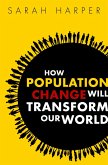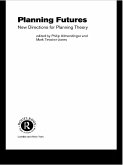Predicting the shape of our future populations is vital for installing the infrastructure, welfare, and provisions necessary for society to survive. There are many opportunities and challenges that will come with the changes in our populations over the 21st century. In this new addition to the 21st Century Challenges series, Sarah Harper works to dispel myths such as the fear of unstoppable global growth resulting in a population explosion, or that climate change will lead to the mass movement of environmental refugees; and instead considers the future shape of our populations in light of demographic trends in fertility, mortality, and migration, and their national and global impact. How Population Change Will Transform Our World looks at population trends by region to highlight the key issues facing us in the coming decades, including the demographic inertia in Europe, demographic dividend in Asia, high fertility and mortality in Africa, the youth bulge in the Middle East, and the balancing act of migration in the Americas. Harper concludes with an analysis of global challenges we must plan for such as the impact of climate change and urbanization, and the difficulty of feeding 10 billion people, and considers ways in which we can prepare for, and mitigate against, these challenges.
Dieser Download kann aus rechtlichen Gründen nur mit Rechnungsadresse in A, B, BG, CY, CZ, D, DK, EW, E, FIN, F, GR, HR, H, IRL, I, LT, L, LR, M, NL, PL, P, R, S, SLO, SK ausgeliefert werden.









